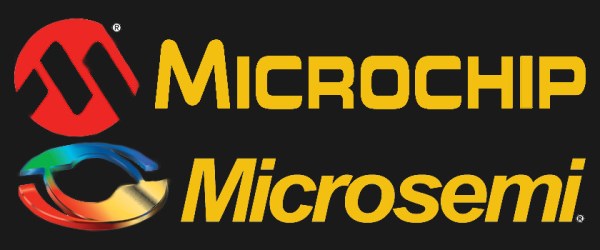Microchip has acquired Microsemi for $8.35 Billion dollars. Rumors of this acquisition were floating around earlier this week, but now the deal is done.
This acquisition is the latest in a years-long process of consolidation in the silicon industry. Previously, Broadcom attempted a hostile takeover of Qualcomm for One… Hundred… Billion dollars. Lattice would have been bought if the deal wasn’t shut down for national security concerns. Of course, Microchip bought Atmel in a deal likened to the fall of Constantinople, NXP and Freescale merged, Intel bought Altera, Linear and Analog are one, and On Semiconductor acquired Fairchild.
With the acquisition of Microsemi, Microchip will be looking to add a few interesting components and capabilities to their portfolio. In contrast to Microchip’s portfolio, you won’t find many Microsemi parts on a hacker’s workbench; they’re dealing with stuff like optical networking and avionics. Closer to home, they have a large line of FPGAs and some nice frequency synthesizers.
Of course, there are slightly cooler components in Microsemi’s portfolio. If you’ve ever wanted a rad-tolerant telemetry controller for reaction wheels and thruster assemblies, they’ve got your back. Just connect that to Microchip’s rad-hard Arduino and you have a complete satellite built from Microchip parts.













